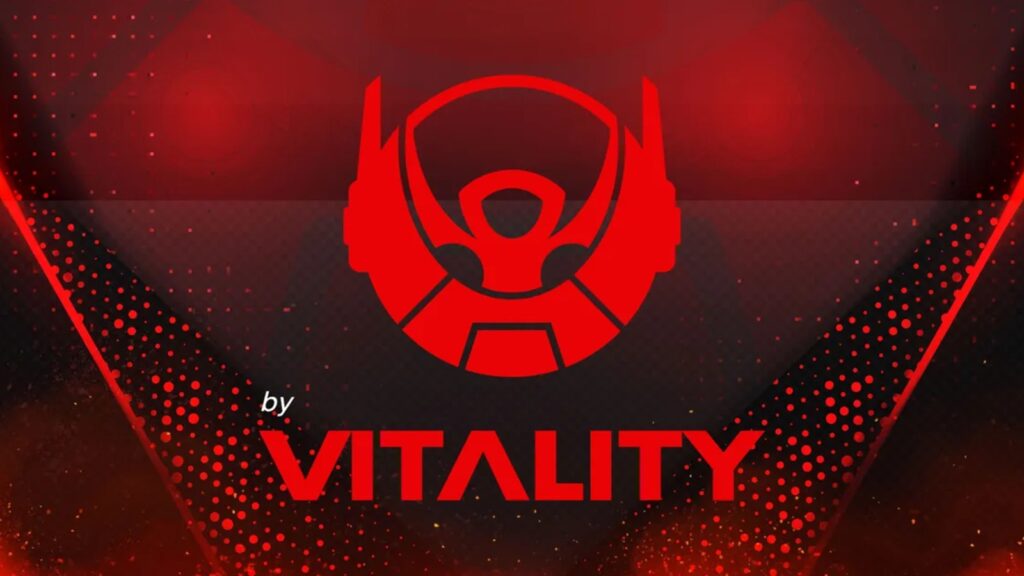India Passes Bill To Promote Esports While Banning Online Gambling
India’s parliament passed the Promotion & Regulation of Online Gaming Bill on Thursday, which will promote esports in the country while outlawing online gambling.
The Rajya Sabha, India’s upper house, moved quickly to approve the legislation after it was passed by the Lok Sabha, India’s lower house, on Wednesday.

The Indian government wants to promote esports. Image Credit: Naveed Ahmed/Unsplash
Under the bill’s terms, the country will now formally recognise esports under its national sporting authority.
The text states that esports will be promoted through the following means:
- “formation of guidelines and standards for the organisation and conduct of e-sports events
- establishment of training academies, research centres and other institutions dedicated to advancement of e-sports
- introduction of incentive schemes, awareness campaigns and public outreach programmes to encourage innovation and establishment of new enterprises to create e-sport technology platforms
- coordination with State Governments and recognised sporting federations for integration of e-sports within broader sporting policy initiatives;
- such other measures which are necessary to promote the sector, as may be prescribed.”
Promote Esports While Banning Gambling
In addition to promoting esports and other social gaming, the legislation will explicitly prohibit online gambling. India already has a law against gambling, but has not made a federal law to keep up with the digital age.
The Public Gambling Act of 1867 prohibits gambling houses, which courts have interpreted to include online casinos.
However, some online gaming, such as fantasy sports, rummy, and other ‘games of skill’, are not covered by the law. Some states have made laws to ban players from using real money to play the games, while other states allow them to continue.
The bill prohibits all forms of online gaming played for money. The text states, “an online game, irrespective of whether such game is based on skill, chance, or both, played by a user by paying fees, depositing money or other stakes in expectation of winning which entails monetary and other enrichment in return of money or other stakes; but shall not include any e-sports”.
Gambling on esports would be illegal under the bill, however. Betby recently added eKabbadi to its portfolio of esports betting in a bid to attract Indian gamblers. Still, the legislation would prohibit Indian’s wagering on the virtual version of the popular sport.
Violators of the new online gaming laws will face up to 3 years in prison and fines of up to ₹1 crore (just over $100,000).
Critics Argue Bill Will Have Far-Reaching Consequences
Although passed by lawmakers in both houses, the bill faced strong opposition. The leading opposition party was vocal in its disapproval of the legislation, forcing parliament to be adjourned for 10 minutes.
State ministers have also criticized the bill. Priyank Kharge, a cabinet minister of the Government of Karnataka, called the legislation “another masterstroke by Modi Sarkar (the Modi government) in bad policy making.”
Kharge took to X to post a detailed description of the potential negative impact of the bill on the Indian economy. He highlighted the loss of jobs, taxes, and foreign investment, as well as the potential to push Indians to use offshore gambling sites.
The promotion of esports could have a big boost on the industry, however. The prize pool for esports competitions in the country has been growing. Battlegrounds Mobile India hosted a tournament this year with a record ₹3.2 crore ($374,763).
With increased investment promised by the bill, the prize pools should also increase and attract more attention from esports players in India and globally.














